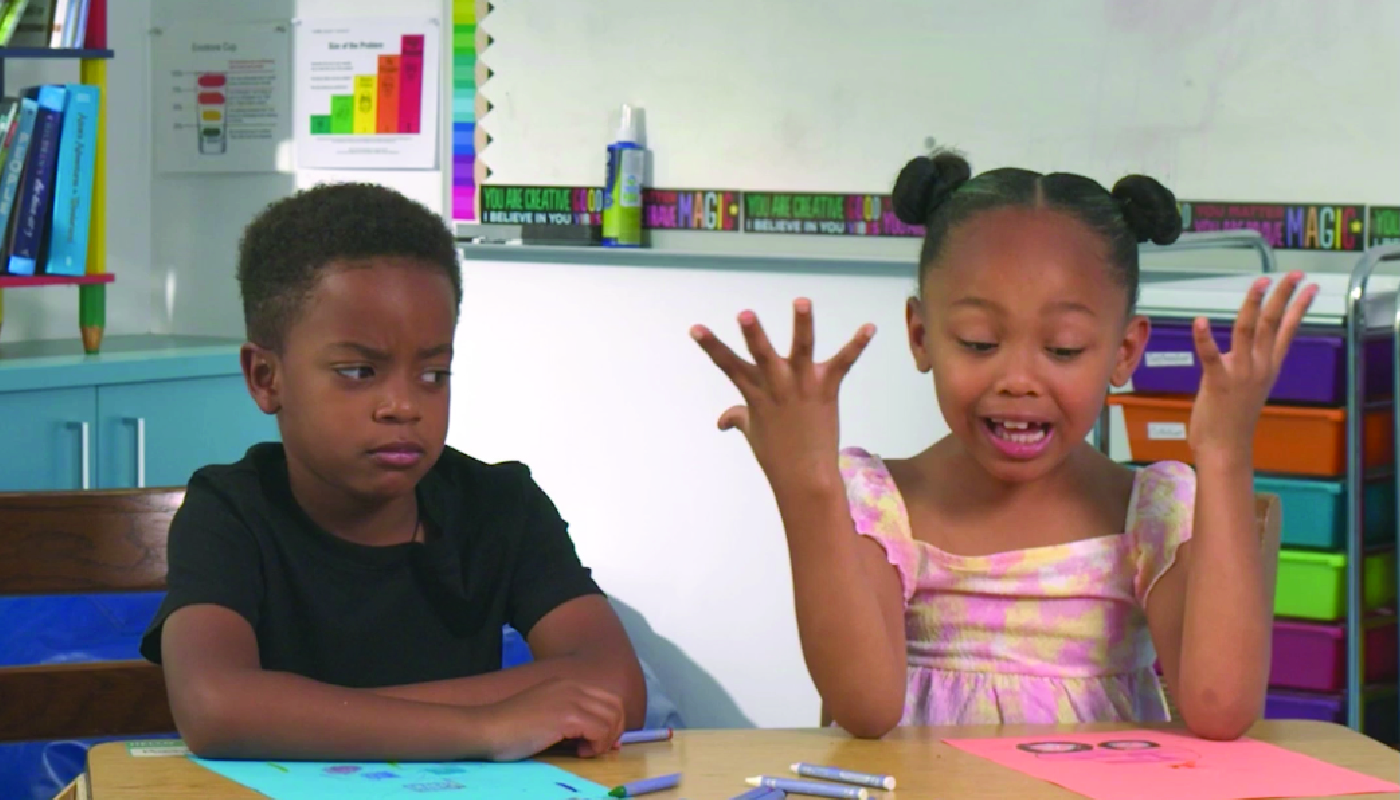
Introduction
Teaching kindergarten students how to adapt to new situations and experiences is an essential part of their development. By incorporating principles of Social-Emotional Learning, educators can help young learners develop the skills they need to handle changes and navigate their emotions. In this blog post, we will discuss a no-prep activity for educators, present discussion questions, and share related skills that can help students adjust to new experiences.
No-Prep Activity: Chair Stretching
Introduce this no-prep activity in the classroom when students are feeling distracted or having difficulty focusing. This activity requires no preparation or materials from the educator and can be easily incorporated into the daily routine.
- Ask the students to sit in their chairs and explain that they will be trying something new today: chair stretching.
- Guide the students through a series of simple stretches, such as twisting to one side and holding for a count of five, then twisting to the other side and holding for another count of five.
- Encourage students to participate and remind them that trying new activities can be fun and help them focus better.
Discussion Questions
After completing the chair stretching activity, use these discussion questions to stimulate further conversations about adapting to new experiences and developing social-emotional skills.
- How did you feel while trying the chair stretching activity? Did it help you focus better?
- Can you think of a time when something new happened in the classroom? How did you feel, and how did you handle the situation?
- Why is it important to be able to adapt to new situations and experiences?
- What strategies can we use to help ourselves feel more comfortable when trying something new?
- How can we support our friends in the classroom when they are trying new activities or experiencing changes?
Related Skills
In addition to teaching students how to adapt to new experiences, there are several related skills that can help them develop their social-emotional competencies. These skills include:
- Recognizing and naming emotions
- Developing coping strategies to handle changes
- Practicing empathy and understanding the feelings of others
- Communicating effectively with peers and adults
- Building resilience and problem-solving skills
Next Steps
Help your kindergarten students develop the skills they need to adapt to new experiences and build their social-emotional competencies. To access free sample materials and resources for teaching these skills and others, visit Everyday Speech. Sign up today and gain access to a wealth of resources designed to support educators and students in their journey towards social-emotional growth.

